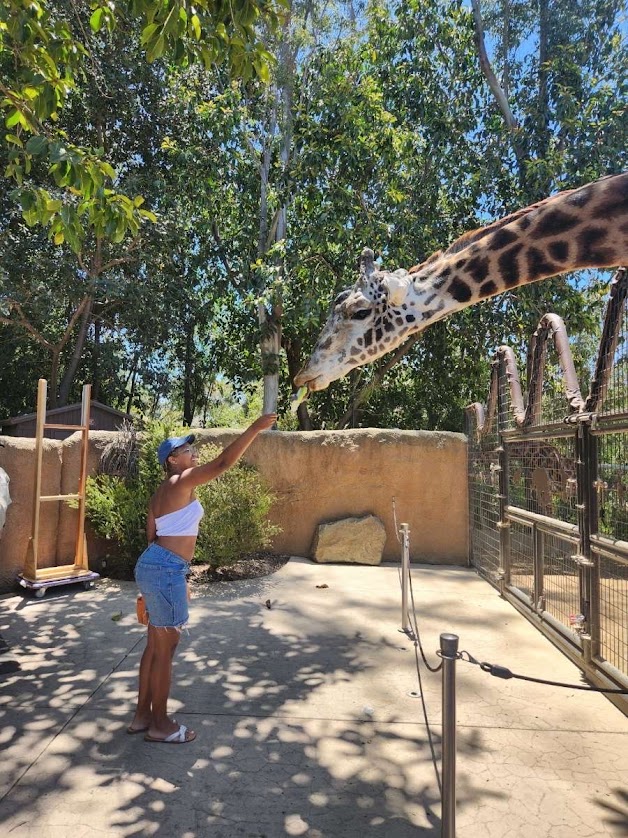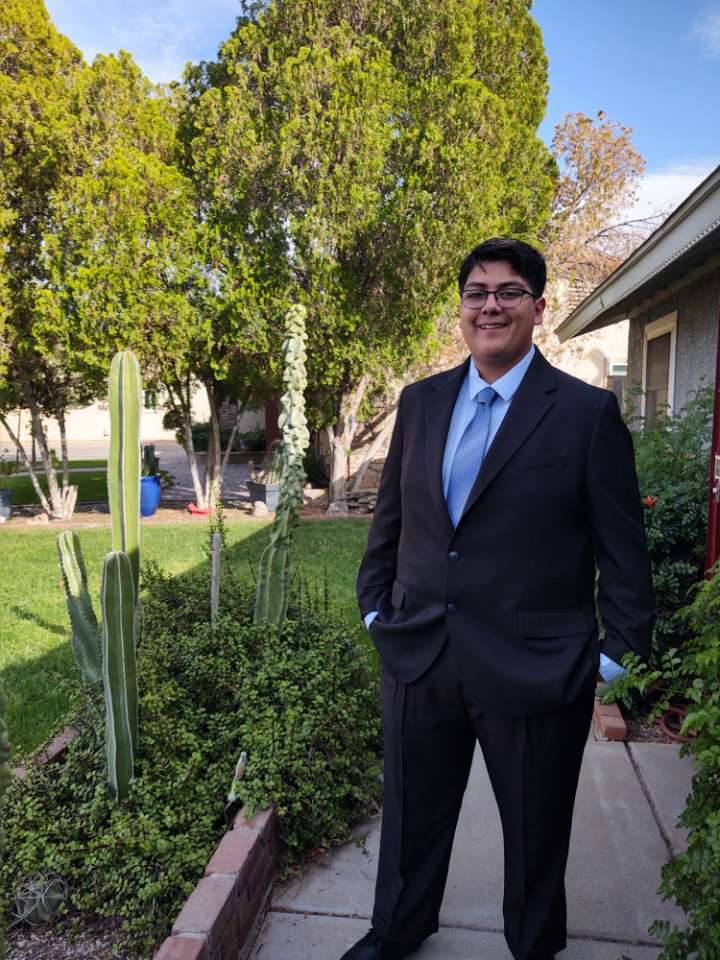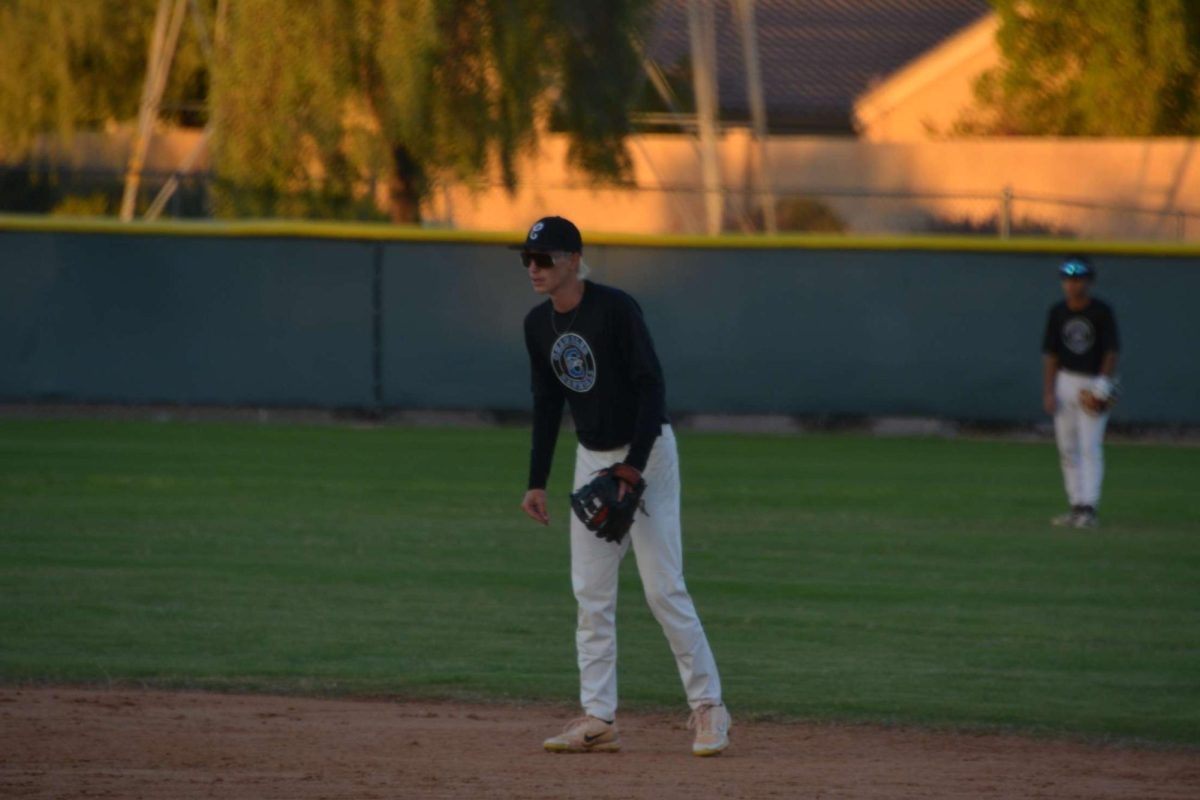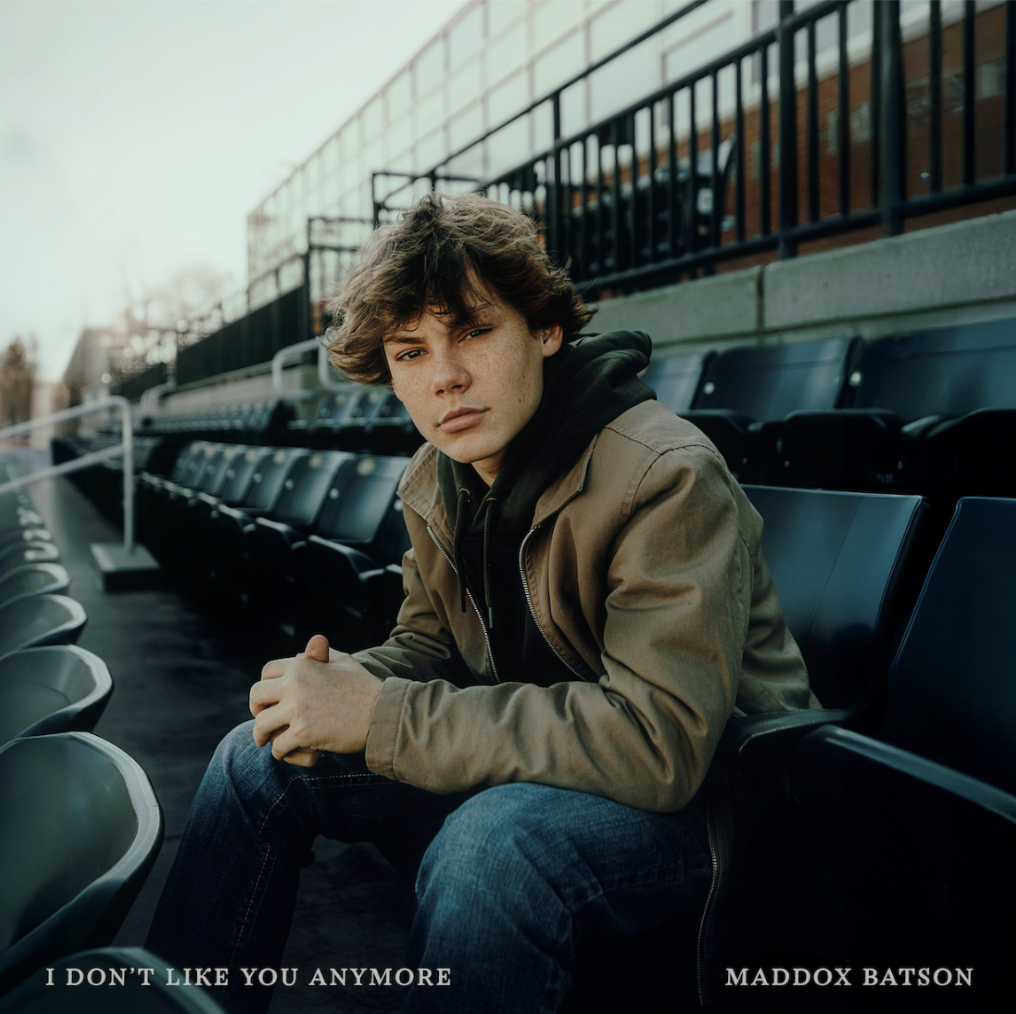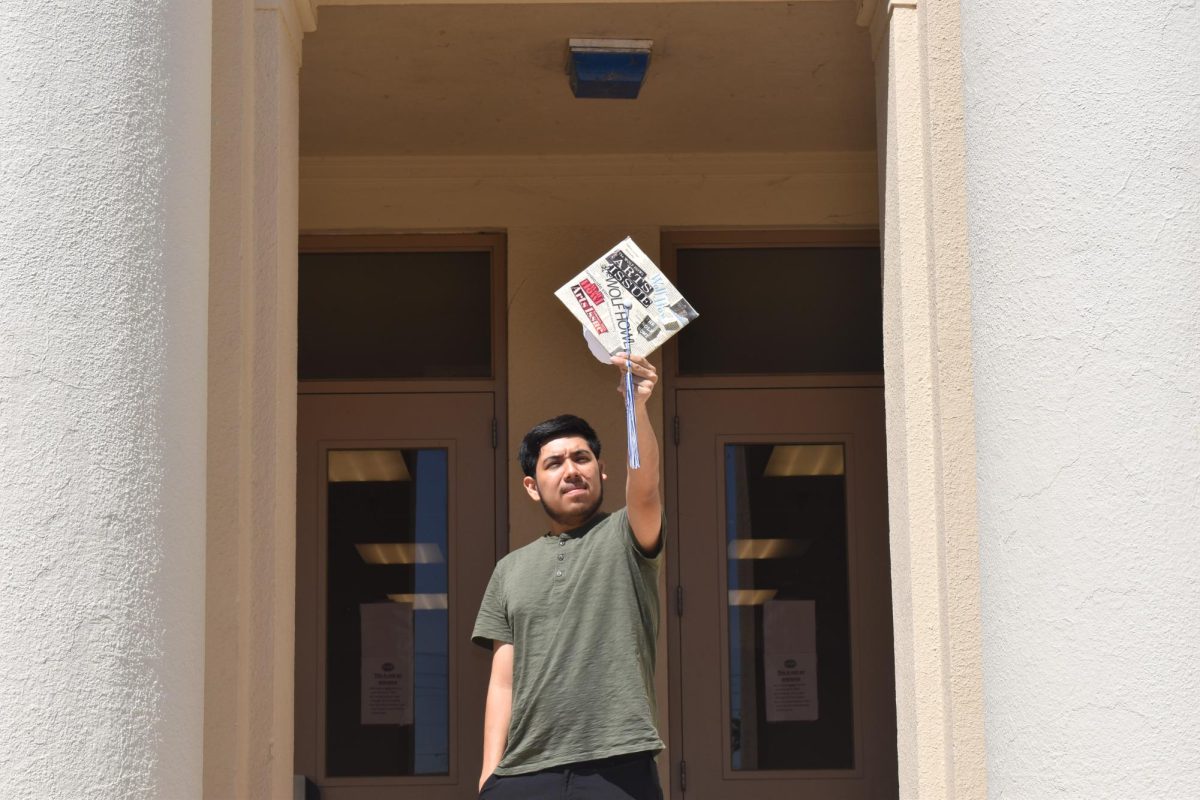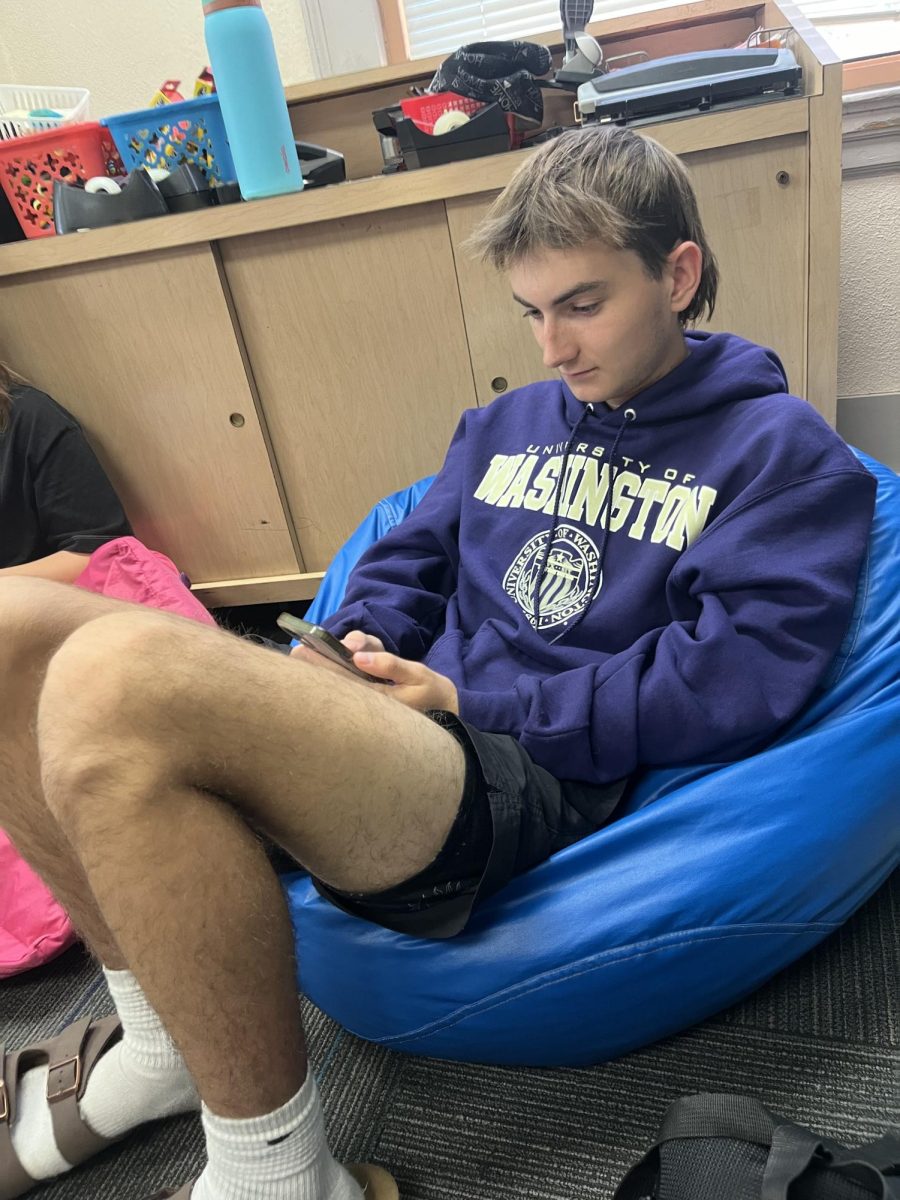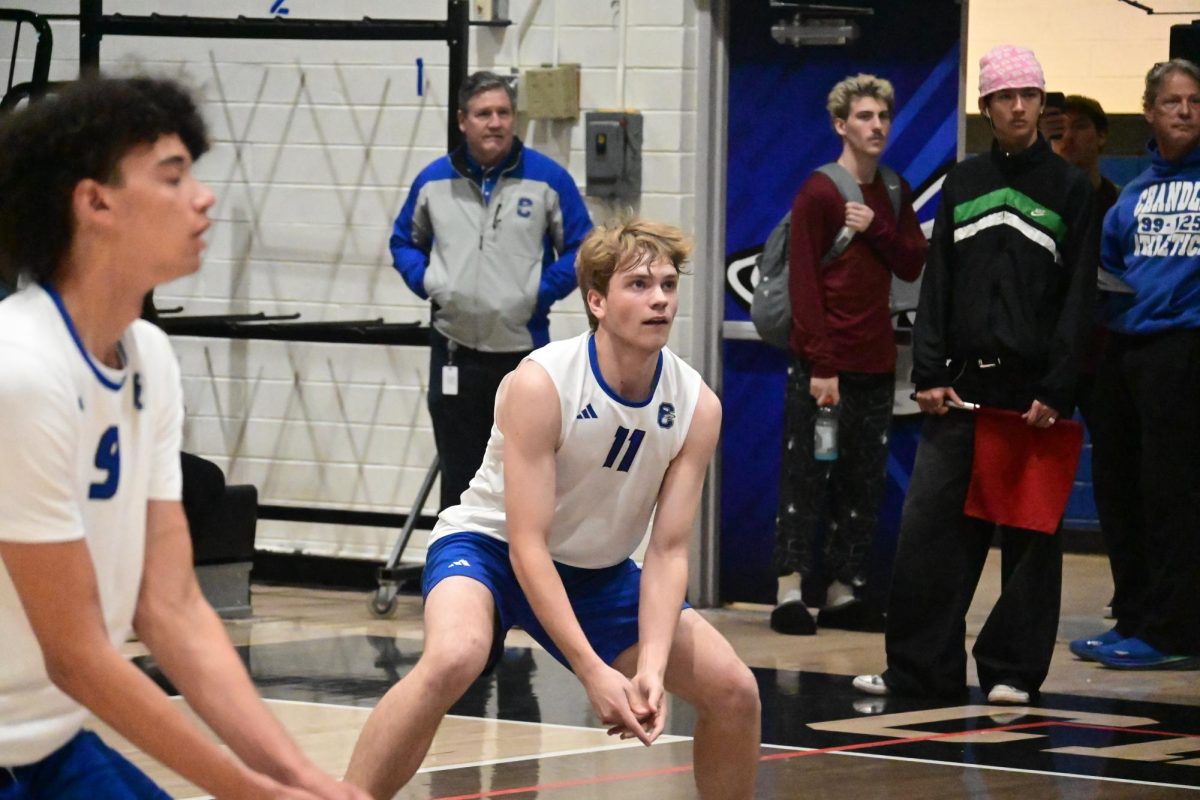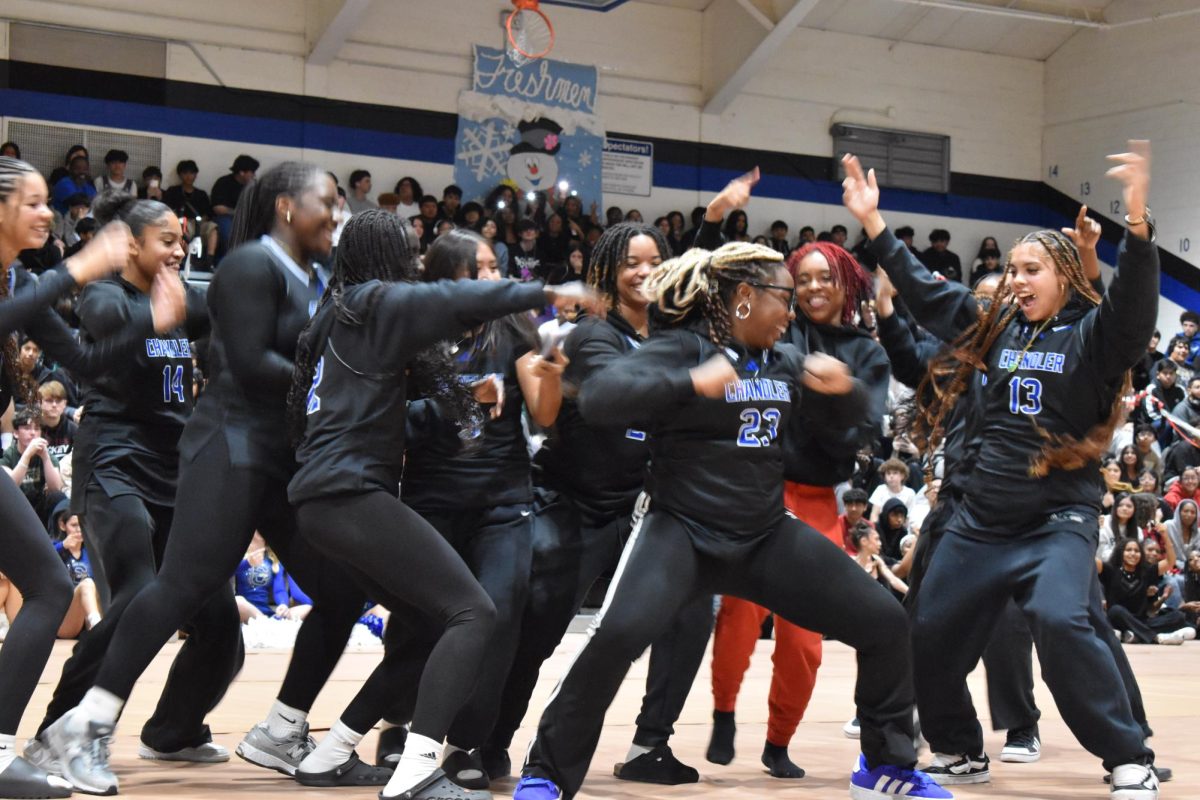Picture this… In a time where a post-pandemic world is a seemingly feasible reality, you travel to Houston to attend a music festival hosted by one of the biggest recording artists in the world. The spread of COVID-19 prevented many artists from touring for almost two years. This is the first time you’ve been in a crowd full of people in what feels like eternity.
The opening acts? Almost perfection, but nothing can top the energy of a crowd bursting with anticipation, waiting to see THE Travis Scott.
As he enters the stage you feel the ground shake. Suddenly, a crowd previously bursting with energy is now surging. As the audience stampedes bodies, you see the flashing lights of an ambulance carry the body of the person formerly standing next to you.
What ensues for the next 90 minutes is chaos.
This set list of 25 songs resulted in over 300 injuries as well as 10 deaths and counting.
Nobody Should Die at a Concert.
First-hand accounts of festival attendees went viral on social media. Videos of people urging staff to end the concert and assist unconscious fans spread on TikTok.
Once the aftermath of this festival rose to national attention, Scott distributed a video statement across social media claiming that he attempted to help members of the audience receive assistance whenever he became aware of injuries or distress within the crowd.
Regardless of if Scott genuinely tried his best to get help for all situations that he noticed, ten of his fans died because of that night. Those people who lost their lives after spending their hard earned money and years of anticipation to see their idol were his responsibility.
Despite a prior conversation with the Houston police chief in which concerns about crowd control was shared, Scott continued to encourage discord within his audience.
A person who incites violence and chaos within their crowds is responsible for the results of that violence and chaos. Travis Scott’s lengthy history of repeating this dangerous behavior makes it difficult to believe that he had the best interest of his audience at heart.
However, that statement raised an interesting question: How can you guarantee that a single person receives assistance for their medical emergency in a crowd of thousands?
Senior Makayla Larntz witnessed an answer to this question first-hand as she witnessed a fan next to her lose consciousness at a Harry Styles concert, that took place eight days after the events at the Astroworld Festival: “I think the health crisis was treated properly…the audience [had] called over security as they carried her up the stairs. They came pretty quick and I think handled her with care.”
This tragedy in Houston brought attention to an important issue when attending concerts- maintaining the safety of crowds.
Aside from the lawsuit filed by 125 audience members that Scott is facing following the injuries at Astroworld, an extended sense of urgency regarding the safety of fans has resulted from these several unnecessary injuries and deaths.
Fans of other high-profile recording artists immediately took to social media to provide examples of performers intervening in situations where a member of the audience was in danger or in need of assistance at events before and after the AstroWorld Festival, including large events like Rolling Loud.
In the days following this tragedy, artists have taken the initiative to maintain the safety of their fans. One artist gave a heartfelt reminder at the beginning of his set, encouraging his audience to be considerate of the fellow fans surrounding them.
These artists are receiving a much needed reality check. While you are performing, your fans are your responsibility.

